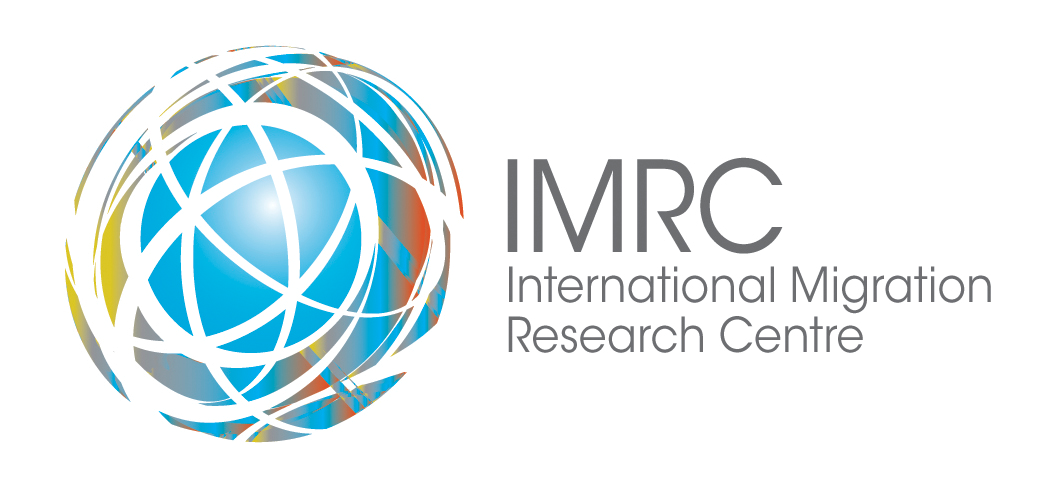Document Type
Policy Points
Publication Date
4-2014
Department
Department of Geography and Environmental Studies
Department
School of International Policy and Governance
Abstract
Every year, about 17,500 internationally-educated nurses (IENs) immigrate to Canada from countries like the Philippines, India, and China. While many IENs would like to practice in Canada, new immigration policies and professional regulations at the federal and provincial level limits their ability to do so. In response, migrants are increasingly using two-step immigration routes to enter the profession (e.g., international student -> permanent economic immigrant) or pursuing alternative careers in health (e.g., Personal Support Worker). These outcomes have significant policy implications for labour force planning in nursing, ethical recruitment for international healthcare workers, the process of migrant workforce integration, and reproduction of migration as a form of gendered development for sending states. The purpose of this policy points is to summarize our findings from a Social Sciences and Humanities Research Council (SSHRC) knowledge synthesis report on how migrant transition programs intersect with labour force planning in the Canadian nursing sector. We consider the relevance of these issues for employers, regulators, the Canadian health system, and migrants themselves.
Recommended Citation
M. Walton-Roberts, K. Williams, J. Guo and J. Hennebry (2014). Backgrounder on Immigration Policy Changes and Entry to Practice Routes for Internationally Educated Nurses (IENs) Entering Canada. Waterloo, ON: International Migration Research Centre. Policy Points, Issue V.


